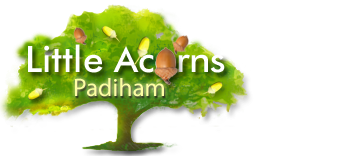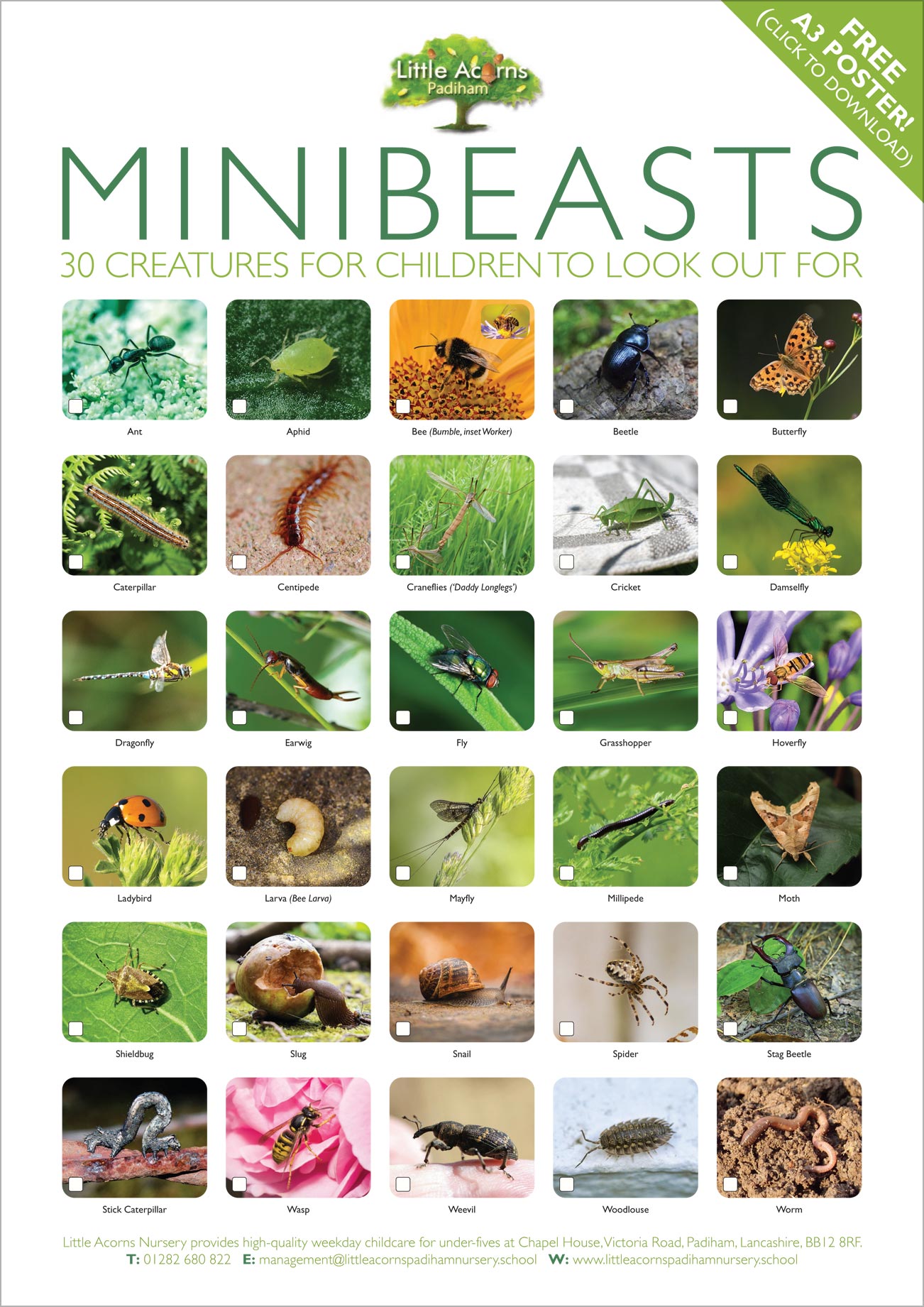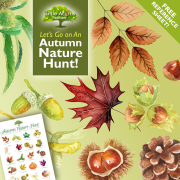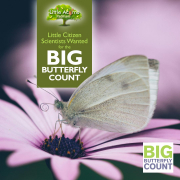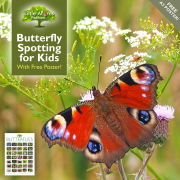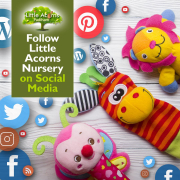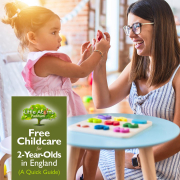Minibeast Spotting for Kids (with Free Poster!)
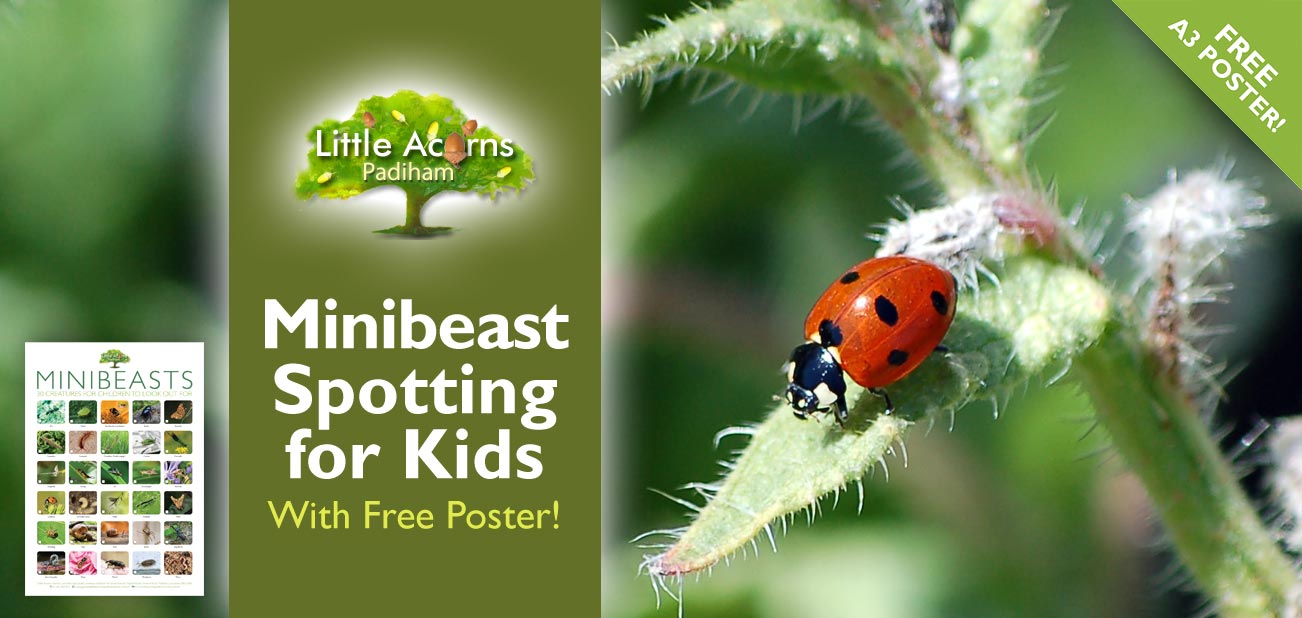
Today’s Minibeast Spotting activity completes a trio of nature-based posts that each include a free poster. Featuring 30 different minibeasts for children to find and identify, it’s designed to encourage children to get outdoors, learn about the different creatures nearby, explore, and benefit from everything that nature has to offer. With previous free posters covering bird spotting and butterfly spotting activities, these nature-themed activities will give children a really good insight into some of the interesting and exciting creatures they can see in their gardens and neighbourhoods if they simply take some time to look.
Children Love Minibeasts!
Children will love spotting minibeasts, discovering different creatures and learning to name each of them. They will soon learn that creatures like ladybirds, hoverflies, caterpillars, butterflies and bees are simply adorable. Children are also likely to be fascinated by creatures like ants, which are incredibly clever and well-organised, and minibeasts like beetles, millipedes and worms. Such creatures are so different to humans and gently observing them can bring real insights to children about our natural world from the viewpoint of different creatures. Indeed, nature is a huge educator and holds immense benefits to children. We’ll write a separate, more detailed, post about those benefits in the future. Suffice it to say, though, that nature-based activities will help children emotionally, spiritually and physically as well as help them learn new facts, information and skills. Without further delay, let’s now take a look at the free poster preview below and learn how to download it for your child.
Minibeast Spotting Poster (Preview):
How to Download the Free Minibeasts Poster
The poster is supplied as a 3MB downloadable file, in PDF format. That means you’ll need Acrobat Reader on your device to view and open it. Most devices will already have that installed but, if not, don’t worry — Acrobat Reader is also available for free, here. To download the poster itself, simply click the preview image above, or download the free poster via this link. Whether left-clicking or right-clicking is best will depend upon your device’s settings so, if in doubt, try either to see which one prompts you to save the file. Once saved, it can be opened, viewed, and printed out from Acrobat Reader. Print at A3 in high quality on your best printer paper for best results, or ‘scale to fit’ to fit your paper if it’s A4. You/your child can also view the poster on screen, for example on a tablet, smartphone or desktop screen, and zoom in for all the lovely detail.
The UK is home to approximately 25,000 different kinds of minibeast! Many are sadly in steep decline1, so it’s important to raise awareness and encourage interest, including in the very young.
1. According to the State of Nature report for 2023, “Invertebrates such as insects, spiders and millipedes have been found, on average, in 13% fewer places now than in 1970.”
Tips for Spotting Minibeasts
Minibeasts can be lurking almost anywhere outdoors, so children can search and find them virtually wherever they live. Below are a few of the most popular places minibeasts are likely to be found:
- On and around the leaves of plants (after all, those are home to many critters);
- On and in flowers, because they’re attracted to the nectar, which is a food source for many;
- Under rocks, stones, flower pots and suchlike, which may be their home (N.B. be gentle when lifting and replacing such things, so the creatures are not hurt);
- On and in growing fruit and vegetables, which may be a food source for them;
- Around the base of plants, grass and lawns, where they may be sheltering from predators;
- On or under soil, which may be their home;
- On and in rotting logs and fallen branches;
- And finally — the best place of all for some minibeasts — in compost heaps! They love the rotting organic matter but, again, take care not to hurt them by being gentle and disturbing their habitat as little as possible.
Enjoy, Be Safe & Be Gentle!
Spending time out in nature and searching for its creatures is great fun, but great care needs to be taken:
- For the sake of child safety and well-being, children should always be accompanied by a supervising adult — particularly for the very young.
- Adults should also teach children how to be vigilant about the potential dangers and hazards associated with the outdoors.
- Adults should teach children about gentleness and empathy around other creatures, however small. Minibeasts are fragile and powerless against the comparative might of humans, but each is an individual in their own right. It’s therefore kind to teach children about compassion for other beings and the need to treat them with huge care and empathy.
Why This Activity is More Important Than You Might Think
Lastly, though, have fun and take time to ensure children learn about nature and all its flora and fauna. Nature teaches children so much about the world and indeed, spending time in the natural world also teaches children about themselves and their place in the world. It may even lead to a lifelong passion for nature and an interest in issues like ecology, global warming, restoring habitat loss and protecting creatures in danger of extinction. Don’t forget that our children will one day become the new stewards of our planet. And, when you bear in mind how important pollinators are for food production and how many of them are in steep decline, a deep interest in the natural world has never been more important.
“When the first #StateofNature report was released in 2013, 1 in 10 of our species were threatened with extinction. Today, it is 1 in 6 species. Rapid nature loss is happening NOW, all around us.” (Wildlife Trust)
Children Love Nature at Little Acorns Nursery in Padiham!
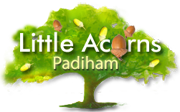
Our childcare professionals know just how important nature and outdoor play is to children, so we ensure they have plenty of opportunities to experience both at Little Acorns Nursery in Padiham. It’s also why we will ensure we publish articles and guides relating to outdoor play and nature here on the Little Acorns blog. Indeed, it’s a treasure trove of useful information, on a wide variety of topics, for parents of babies, toddlers and under-fives!
If you require the highest quality weekday childcare and an outstanding early years education for your little one, why not consider Little Acorns Nursery in Padiham, Lancashire? The setting offers a warm, inviting and nurturing home-from-home for babies, toddlers and preschoolers and really brings out the best in every child. What’s more, we support all the Government’s childcare funding schemes for eligible families. These include, for example, free childcare hours for 2-year-olds and up to 30 free hours per week for 3 and 4-year-olds.
To register your child for a nursery/preschool place, book a guided tour, or find out more, please get in touch using one of the following options:
As well as being located in Padiham, Lancashire (BB12), Little Acorns Nursery may also suit those living or working nearby in Hapton, Rose Grove, Burnley, Altham, Huncoat, Read, Simonstone, Sabden, Higham and Wood End.
